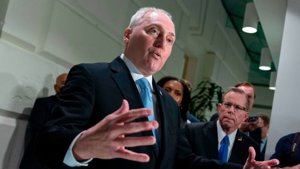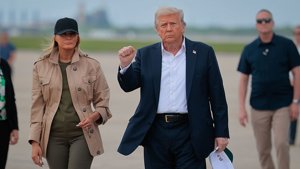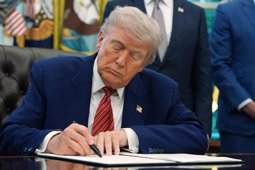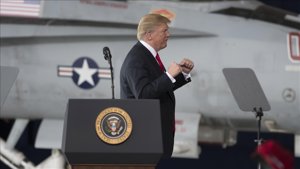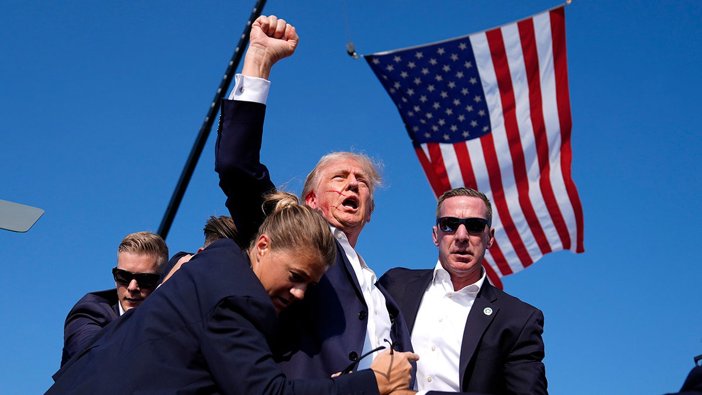
Butler Rally Shooting: Year On, Security Lapses and Unanswered Questions
A year after the Trump rally attack in Butler, investigations reveal security lapses and ongoing calls for accountability.
One Year Later: Calls for Answers and Accountability
A year has passed since a gunman opened fire at a campaign rally in Butler, Pennsylvania, targeting President Donald Trump. Yet, for witnesses, officials, and families affected by the attack, the investigations remain deeply unsatisfying, with significant questions still unanswered about how the attack was allowed to happen and what might have been prevented.
Rep. Dan Meuser, who attended the rally, described the failures as “almost unbelievable,” reflecting the widespread view that law enforcement made avoidable mistakes. Despite inquiries by federal agencies and Congress, local officials and residents continue to demand greater transparency, citing “inconclusive” findings and unaddressed security lapses.
The shooter, Thomas Matthew Crooks, was killed at the scene by law enforcement, but not before fatally wounding local firefighter Corey Comperatore and injuring two others. Questions linger about Crooks’ motives, how he accessed a rooftop with a clear shot at the stage, and why earlier warnings from attendees and law enforcement went unheeded. As Meuser noted, “the task force was bipartisan. And frankly, I don't think to this day they've gotten all the answers.”
Critical Security Lapses Identified
Multiple official reports—including one from the federal Government Accountability Office (GAO)—have since revealed a series of critical security failures. The GAO found that the Secret Service received classified intelligence about a threat to Trump ten days before the event but failed to share this information with key agencies or local law enforcement. As a result, crucial protective resources were not requested or deployed, and staff in charge of site vulnerabilities were inexperienced, with the Butler rally being their first major outdoor assignment.
Compounding these failures, the Secret Service denied requests for enhanced surveillance and counter-drone assets, citing resource allocation for other events. The GAO noted that last-minute approvals of counter-sniper teams “may have been the only reason the attack did not have an even more catastrophic outcome.” Congressional and House investigations described the attack as “preventable,” pointing to poor planning, a lack of coordination, and resource mismanagement.
Witnesses recalled a noticeable lack of visible security, including no apparent counter-sniper teams, drones, or helicopters, a contrast to previous rallies. Senate and House reports proposed dozens of actionable recommendations, but families such as the Comperatores say these measures come too late for those lost or traumatized by the shooting.
Aftermath and Ongoing Threats
Following the attack, the Secret Service underwent significant changes. Six agents received suspensions ranging from 10 to 42 days, and Director Kimberly Cheatle resigned, accepting full responsibility for the failures. Agency leadership has since announced reforms, including the expansion of drone surveillance, improved radio communications, and plans to add 1,000 new agents and officers with increased funding from Congress. A new White House training replica is also planned to better prepare officers for high-risk situations.
Despite these reforms, security experts and former agents warn that the threat environment remains unprecedented. Former agent Bill Gage noted, “The threat on President Trump is the greatest that any president has ever faced,” citing dozens of threats daily and the ongoing risk posed by political extremism and international proxy groups. Additional incidents, including a separate assassination attempt at a Trump property, highlight the persistent dangers facing political leaders and federal officials.
The House task force and the Senate Judiciary Committee continue to push for more robust oversight and implementation of nearly 50 recommendations. The Secret Service reported it has completed 21 reforms and is working on 16 more, with agency officials pledging to review and improve their operations as needed. However, both lawmakers and the public remain wary, with many in Butler and across the nation still seeking true accountability and reassurance that a similar attack will not happen again.

